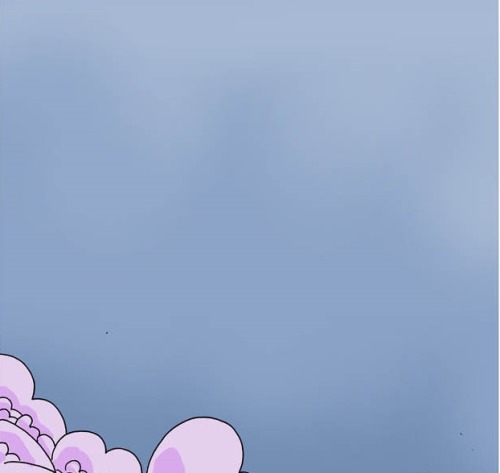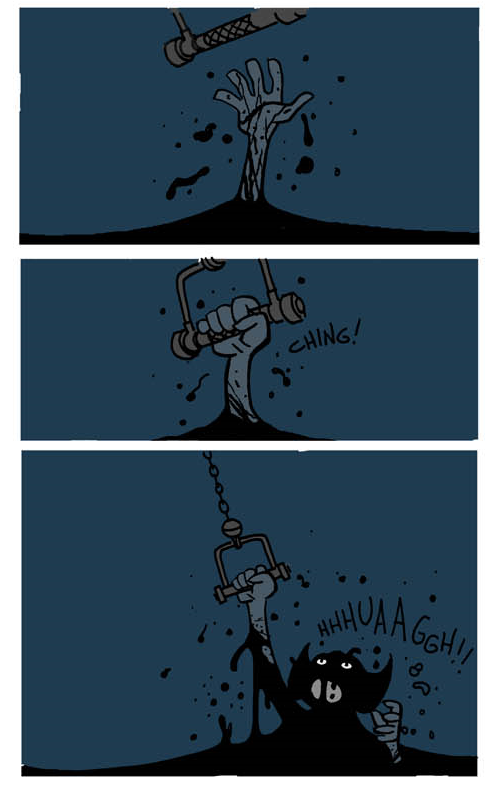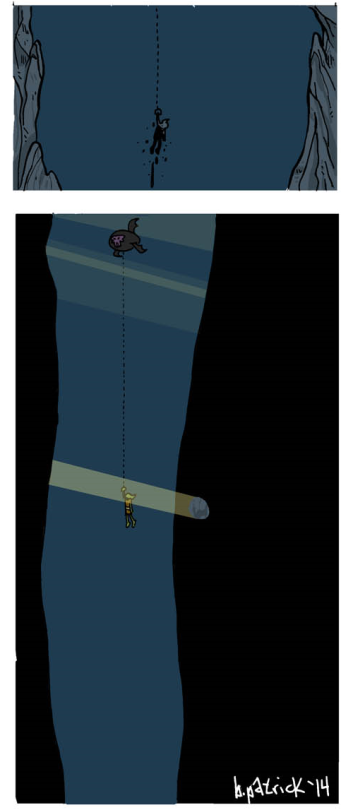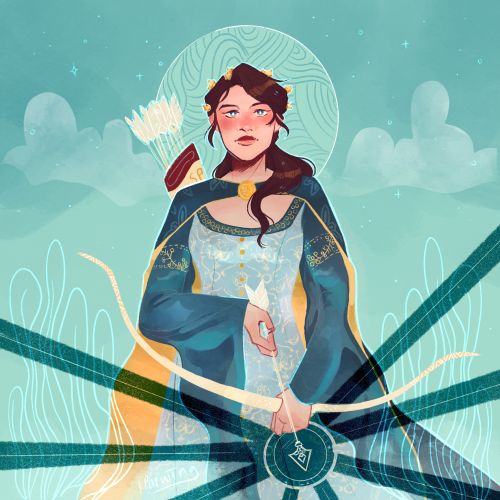Elanorpevensie - Dreaming Of A Castle Library

More Posts from Elanorpevensie and Others
New ask game:
Reblog if you want your followers to tell you what your trademark ™️ is. Like, what’s that thing that really identifies you.













Different Stories Resonate with Different People

Agents of B.A.R.B.I.E. -> Phil Coulson
This Barbie is losing it!
The Differences Between Hera and Eowyn
Just thinking about these two shieldmaidens, and the stark differences between them.
I think a big one is that Eowyn is a romantic, whereas Hera has no wish to marry.
Meanwhile Eowyn hungers for battle and glory, and Hera, although willing to fight, does not desire it.
Hera seems to have grown up in a time of peace, or at least her childhood seems to have been peaceful. Although she lost her mother, she was too young to remember her, she had a father, two brothers, a cousin and a motherly figure. She had constant love, affection and security. However, Helm seems to have been protective of her, so freedom was her greatest desire.
Eowyn's mother and father died at an age for her to be devastated at their loss. She then lost her uncle, her father figure, as he succumbed to Grima's enchantments, and her brother and cousin regularly left her behind. Her life was marked with violence and loss.
Meduseld was a cage, but the only people close to her leaving Meduseld were soldiers riding to battle. Freedom meant battle, because battle was what went on beyond the walls of Meduseld. Battle also meant a place in the histories, a chance to be remembered. Battle was where her brother and cousin went when they left her behind. Battle was the opposite of the dry nursing role she was ill suited for, yet had thrust upon her.
Eowyn yearned for battle. She yearned for love. To ride to battle, to be loved, to be remembered, would ease her grief over being left behind, abandoned by those around her. Her infatuation for Aragorn was wrapped up in her admiration a soldier has for a captain. Romantic desire and desire for battle were intertwined.
Both of them were royal shieldmaidens who chafed under the expectations of their sex, and showed great courage in times of crisis, but the similarities begin and end there. Hera, we see, was playful, young, naïve, clever but sheltered, until the events of the film forced her to grow up. Hers was a coming of age story.
Eowyn was cold, despairing, bitter and angry. The events of the movie and the books see her regain the capacity for hope that was taken from her.
Petition to start referring to Susan Pevensie's arc as "The Tragedy of Susan" rather than "The Problem of Susan." Her arc is not defined by the "problem" of growing up; it is the tragedy of forgetting she is a queen.
In Prince Caspian, we see the seeds of this. "It's no good behaving like kids now that we are back in Narnia," Peter tells her when she is afraid of entering the treasure chamber in the ruins of Cair Paravel. "You're a Queen here." Aslan does not chide her for being too grown-up to believe in him; he lends her his breath for bravery so that she can stop listening to her fears. Susan's "problem" in this book is in fact that she behaves more like a child than a queen.
In many ways, Susan's arc parallels Prince Rilian's in The Silver Chair. He is the Lost Prince; she becomes the Lost Queen. He is enchanted to forget who he really is. The Green Lady twists his birthright so that he is going to conquer his own land and rule as a usurper--the land where he is meant to be the rightful ruler! He unconsciously trades his role as the true prince for a false kingship (similar to Edmund trading his birthright as a true king of Narnia for the Witch's false promise to make him a prince ... hey, you'd almost think this was a theme or something).
Susan likewise trades her identity as queen for a false substitute in England, exchanging the substance for the shadow. She is a child pretending to be a grown-up, not actually being grown-up. Lewis never says there's anything inherently wrong with "lipstick and nylons and invitations," but they are merely the outward trappings of society. What makes a person a king or queen comes from inside. When Rilian returns to Narnia, he is instantly recognized for being a prince, despite his lack of a crown or any of the other formal trappings of royalty. He is recognized because he is no longer hidden by the armor of the Green Lady--and so he looks like himself. In fact, he not only looks like himself, he looks like his father. (Which is also how Lord Bern recognizes Caspian in the Lone Islands, despite Caspian not having any outward proof of his kingship--Caspian looks and sounds like his father. Shasta is recognized as a prince because of his resemblance to his brother--oh hey, we've got another theme going.)
Susan has put on the armor of the world, and in doing so has lost herself as queen. That is what makes her arc a tragedy. But! There is always, always hope. Rilian is rescued. Shasta is restored to his true identity as Prince Cor. Edmund is redeemed. Aslan breathes on Susan. Caspian's kingship restores right order to the Lone Islands. No one is ever irredeemably lost.
Once a king or queen of Narnia, always a king or queen of Narnia.
Even when they themselves have forgotten who they truly are.
I do want a new adaptation of Howl's moving Castle with Sophie's world being a fairy tale world with dresses that looks vaguely medieval and parodies and/or actual characters that might be referencing other fairy tales in the background (like during May day when Sophie is out for the first time in months, you could see a little girl in red with a basket going ✨ somewhere ✨in the background)
...and then you get to Howl's and some of his clothes are a bit off and he is actually using a very modern pen and if we are modernizing it, there is a phone lying around there or you can see the video games he is making for his nephew in the background but you just put it as fun world building still until you get hit in the face with steel chair with the Wales reveal.
I think it would be fun !

I haven’t platonicposted in a while
-
 mercurykiwi liked this · 1 week ago
mercurykiwi liked this · 1 week ago -
 leaveyourego reblogged this · 1 week ago
leaveyourego reblogged this · 1 week ago -
 leaveyourego liked this · 1 week ago
leaveyourego liked this · 1 week ago -
 cthulhuscradle reblogged this · 1 week ago
cthulhuscradle reblogged this · 1 week ago -
 cthulhuscradle liked this · 1 week ago
cthulhuscradle liked this · 1 week ago -
 ryujin001 liked this · 1 week ago
ryujin001 liked this · 1 week ago -
 aka-alias liked this · 1 week ago
aka-alias liked this · 1 week ago -
 hybridmichi reblogged this · 1 week ago
hybridmichi reblogged this · 1 week ago -
 hydrated-bag-of-bones reblogged this · 1 week ago
hydrated-bag-of-bones reblogged this · 1 week ago -
 hydrated-bag-of-bones liked this · 1 week ago
hydrated-bag-of-bones liked this · 1 week ago -
 sunny---folk liked this · 1 week ago
sunny---folk liked this · 1 week ago -
 matchamarielle liked this · 1 week ago
matchamarielle liked this · 1 week ago -
 t0byaa liked this · 1 week ago
t0byaa liked this · 1 week ago -
 spenzamp3 liked this · 1 week ago
spenzamp3 liked this · 1 week ago -
 drug-called-fangirling liked this · 1 week ago
drug-called-fangirling liked this · 1 week ago -
 leviathanhomecooking reblogged this · 1 week ago
leviathanhomecooking reblogged this · 1 week ago -
 itsnotevenridiculous liked this · 1 week ago
itsnotevenridiculous liked this · 1 week ago -
 fihli liked this · 1 week ago
fihli liked this · 1 week ago -
 lydsterj liked this · 1 week ago
lydsterj liked this · 1 week ago -
 minus19 liked this · 1 week ago
minus19 liked this · 1 week ago -
 s1eepy-bear liked this · 1 week ago
s1eepy-bear liked this · 1 week ago -
 weatherboye liked this · 1 week ago
weatherboye liked this · 1 week ago -
 anavivana liked this · 1 week ago
anavivana liked this · 1 week ago -
 snickers4ever reblogged this · 1 week ago
snickers4ever reblogged this · 1 week ago -
 snickers4ever liked this · 1 week ago
snickers4ever liked this · 1 week ago -
 gracepureautumn liked this · 1 week ago
gracepureautumn liked this · 1 week ago -
 beepbop-robot liked this · 1 week ago
beepbop-robot liked this · 1 week ago -
 astar04 liked this · 1 week ago
astar04 liked this · 1 week ago -
 furiousprincesskingdom liked this · 1 week ago
furiousprincesskingdom liked this · 1 week ago -
 homo-kun liked this · 1 week ago
homo-kun liked this · 1 week ago -
 ollywocket reblogged this · 1 week ago
ollywocket reblogged this · 1 week ago -
 ollywocket liked this · 1 week ago
ollywocket liked this · 1 week ago -
 freakyduckhoe liked this · 1 week ago
freakyduckhoe liked this · 1 week ago -
 orchideous-head liked this · 1 week ago
orchideous-head liked this · 1 week ago -
 realitytaker liked this · 1 week ago
realitytaker liked this · 1 week ago -
 la-confrontation liked this · 1 week ago
la-confrontation liked this · 1 week ago -
 elmos-sockpuppet liked this · 1 week ago
elmos-sockpuppet liked this · 1 week ago -
 tonystarksimp reblogged this · 1 week ago
tonystarksimp reblogged this · 1 week ago -
 citruskushh liked this · 1 week ago
citruskushh liked this · 1 week ago -
 kinoko-kai reblogged this · 1 week ago
kinoko-kai reblogged this · 1 week ago -
 kinoko-kai liked this · 1 week ago
kinoko-kai liked this · 1 week ago -
 wayne-brat liked this · 1 week ago
wayne-brat liked this · 1 week ago -
 ihavetoomanyfeelingshelpmeeee liked this · 1 week ago
ihavetoomanyfeelingshelpmeeee liked this · 1 week ago -
 bonjourrob liked this · 1 week ago
bonjourrob liked this · 1 week ago -
 make-eva liked this · 1 week ago
make-eva liked this · 1 week ago -
 icollectcantabs liked this · 1 week ago
icollectcantabs liked this · 1 week ago -
 captain-batchr liked this · 1 week ago
captain-batchr liked this · 1 week ago -
 arlethzv liked this · 1 week ago
arlethzv liked this · 1 week ago

Christian FangirlMostly LotR, MCU, Narnia, and Queen's Thief
277 posts

